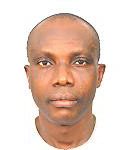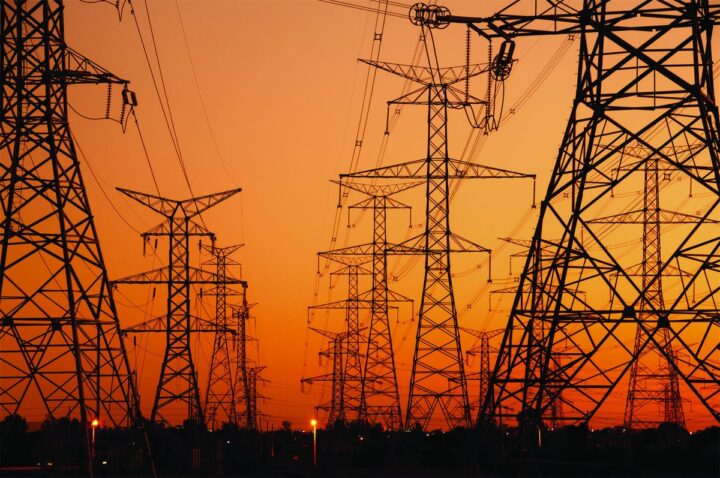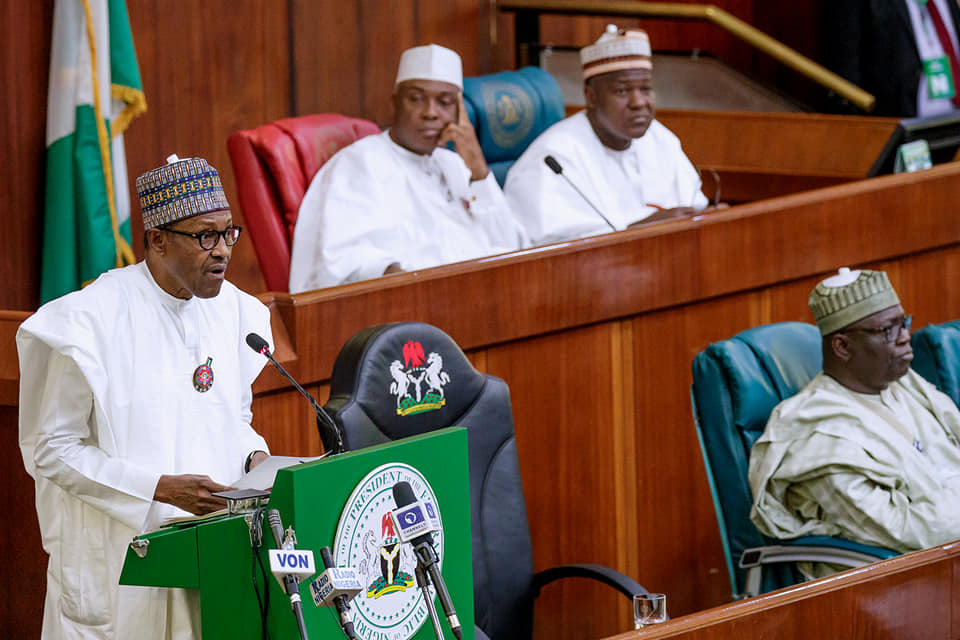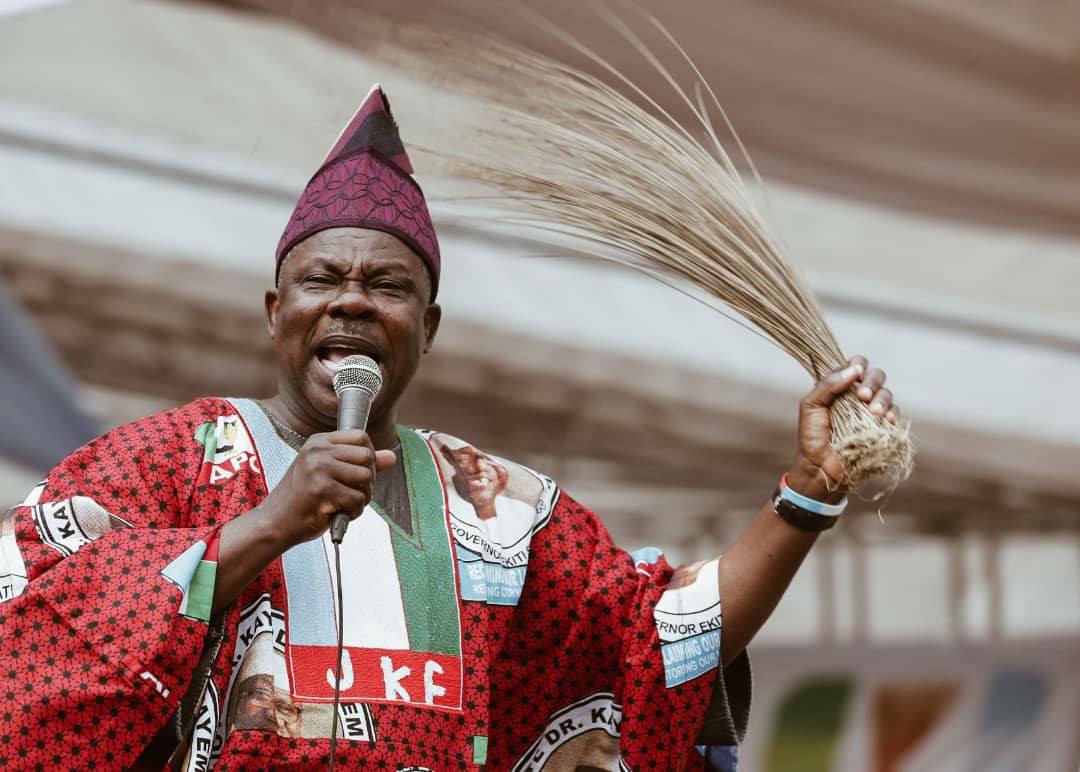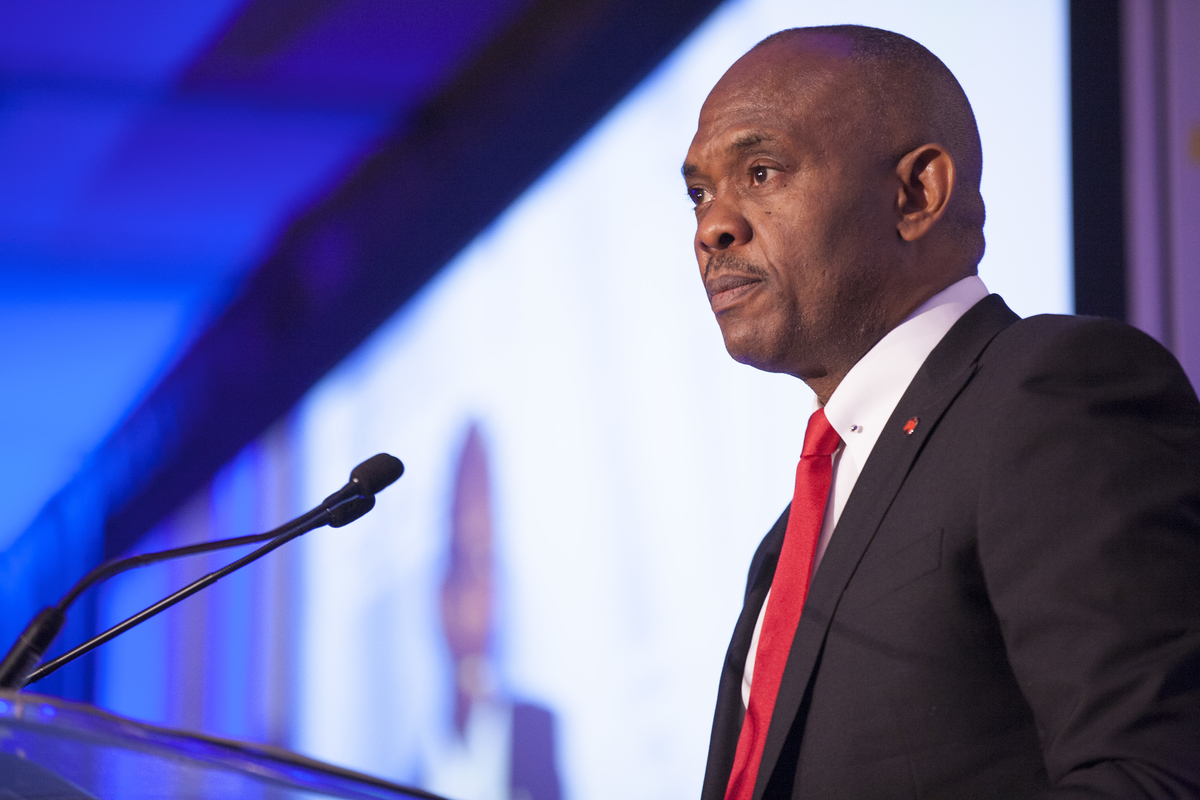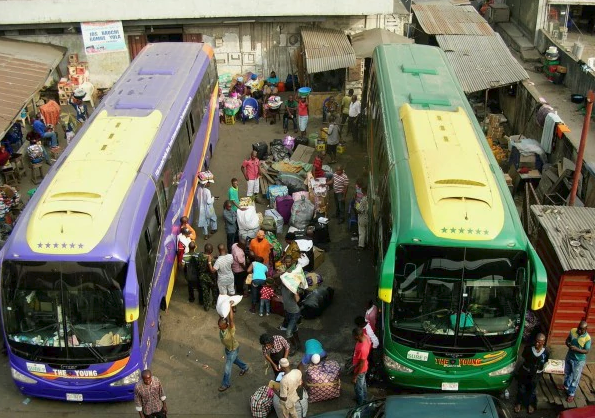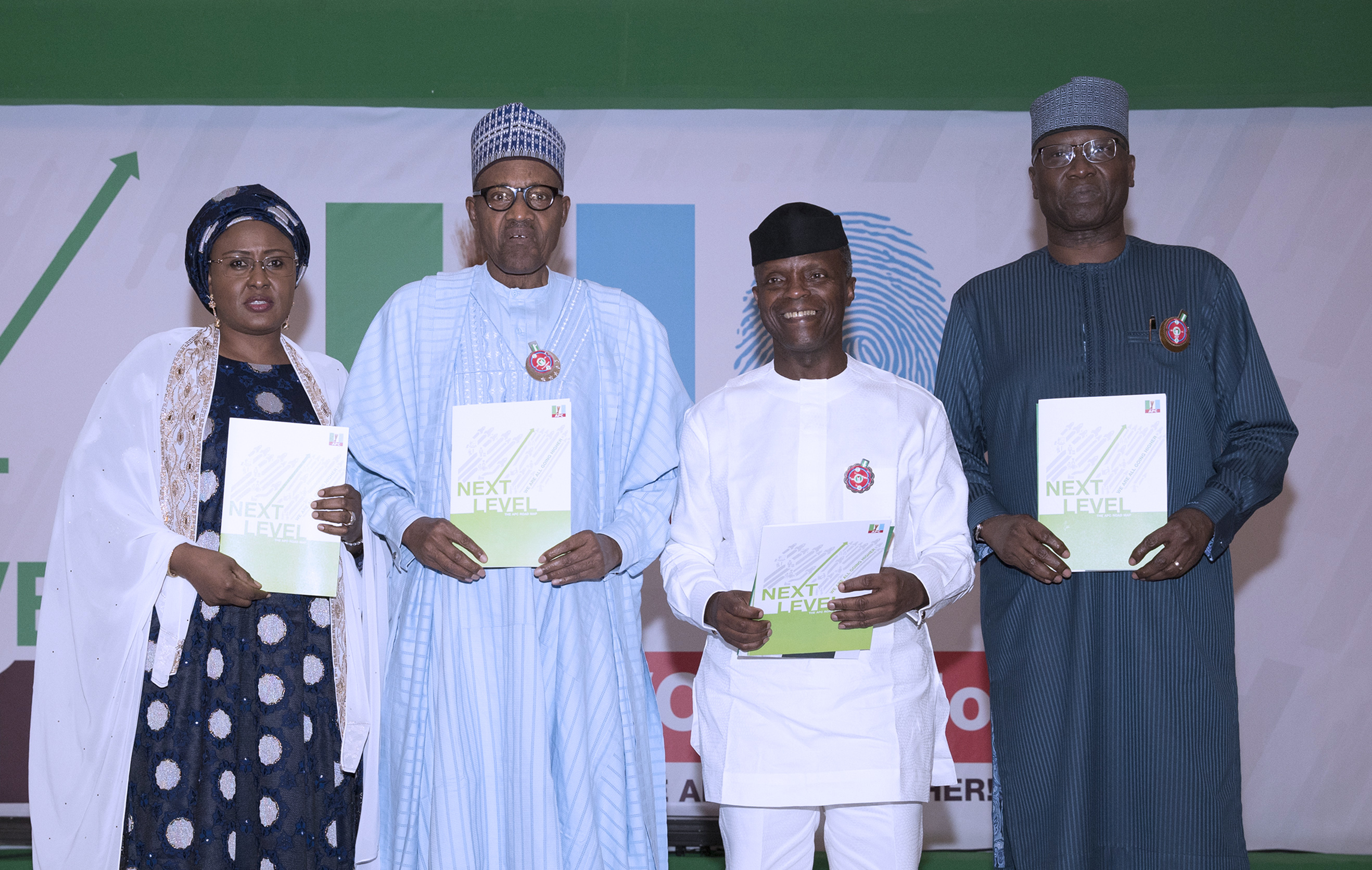Nigerians have for long languished under debilitating incompetence of the power sector. And we are now better informed that the government should by no means be held responsible for the crisis. Rather, whiners should direct their angst at privately owned electricity Distribution Companies (DisCos) and Generation Companies (GenCos) that are operators of the seemingly jinxed sector.
We have no less to thank for that edifying clarification than Power, Works and Housing Minister Babatunde Fashola (SAN), who lately repudiated government liability for the astoundingly fitful but essential infrastructure. Speaking at a stakeholder dialogue in Abuja penultimate week, he reportedly acknowledged that there were truly persisting challenges in the power sector, but that the Federal Government was not to blame if Nigerians do not have electricity supply since the sector has been privatised. “If you don’t have electricity, it is not the Federal Government’s problem, take the matter to the people who are operating the power sector – the generation and distribution companies,” he said.
The minister was also quoted saying: “There are problems without a doubt and we must deal with them. But let me remind you, all of the assets that the Ministry of Power used to control power were sold by the last administration before I came. And so, if you don’t have power, it is not the government’s problem…The people who are operating the power sector – generation and distribution – are now privately owned companies…If your telephone is not working, it is not the Minister of Communication that you go to. Let us be very clear.
“So, for those of you who want to weaponise electricity, face the businessmen who have taken it up. Let us be honest: if your bank over-charges you interest, is it the Minister of Finance you go to? So, let’s be clear, this is now a private business by Act of Parliament 2005.”
Advertisement
The fragmented data available on the power sector does get confusing, but there is no question the practical experience common to citizens is that their economic and social lives are chronically hobbled by unrelenting failure of this particular sector to get up to scratch. A guest columnist on this space last week, who evidently is versed in the technicalities of the sector, argued that the minister’s blame game “did not acknowledge the true situation, which is that the Federal Government has 40% stake in the Distribution Companies (DisCos), Generation Companies (GenCos) and a 100% stake in the Transmission Company of Nigeria (TCN) which is the major stumbling block in the power sector.”
Before his disavowal of responsibility for the sector’s failure, the power minister had on occasions celebrated alleged accomplishments by the present administration in enhancing electricity supply to the public. But the guest columnist, Ettu Mohammed, cited statistics from the Nigerian Electricity Regulatory Commission (NERC) indicating that the sector’s actual performance fell below what the government had boasted.
For instance, at a power summit in Lagos mid-September, last year, Mr. Fashola recalled that the amount of power available on the grid on the day of President Muhammadu Buhari’s inauguration in 2015 was 2,690Mw, while the transmission capacity was about 5,000Mw. Then, he flaunted the power sector recovery programme of the government as a result of which, he said, “as at 4th September 2017, the available power that can be put on the grid was 6619Mw. The transmission capacity was simulated at 6,700Mw; but the distribution capacity was 4,600Mw, which was what was put on the grid.” The minister added: “On September 12, 2017, production of power reached an all-time level of 7,001Mw.
Advertisement
Citing data from the NERC, however, Mohammed argued that the claim of some 2,000Mw being stranded is phantom, and he noted that the minister celebrated an “accomplishment of 7,000Mw generating capacity whereas we already had the capacity to generate 6.2Gw as at 2014, and yet we remain saddled with gas constraints and a weak wheeling network which has not improved substantially in the last four years.”
To be fair, Fashola appears to have spoken penultimate week in the context of specific complaints about technical administration of power supply, and not the policy framework, hence his deflection of liability for those complaints to sector operators. “My role is regulatory, oversight and policy. But I have a problem, which is the fact that I can’t see a problem and turn my back, so I’m getting involved. The people you should be talking to about transformers is not me, the ministry doesn’t supply transformers anymore,” he was reported saying.
Many of us may not boast a mastery of technicalities of the power sector like Ettu Mohammed, but we can as well deconstruct the minister’s latest stance with the political narrative of power supply by the present administration, of which he is the sectorial lynchpin. It is downright revisionist, for instance, to say it is not the government’s problem if Nigerians do not have power, because it inevitably is the government’s problem. Improved electricity supply is a major plank of the social contract offered Nigerians by the administration when it was seeking power in 2015, and it cannot now repudiate direct accountability for practical appraisal of the sector’s performance.
The sector had been privatised and the government never claimed to be a GenCo or DisCo when Mr. President, in March 2016, barely a year after taking office, said his government had set itself a target of delivering 10,000Mw of electricity generation in three years. “Nigerians’ favourite talking point and butt of jokes is the power situation in our country. But, ladies and gentlemen, it is no longer a laughing matter. We must, and by the grace of God, we will put things right. In the three years left for this administration we have given ourselves the target of ten thousand megawatts distributable power. In 2016 alone, we intend to add two thousand megawatts to the national grid,” he said while addressing a National Economic Council retreat at the State House, Abuja. And he spoke against the backdrop of the manifesto of the All Progressives Congress (APC) in which the ruling party states: “The APC government shall vigorously pursue the expansion of electricity generation and distribution of up to 40,000Mw in four to eight years.”
Advertisement
Even the 2018 Federal budget promised to improve power supply by, among others, (i) adding 240Mw to Afam power station through private partnership, (ii) making the Katsina 10Mw wind power project fully operational this year, and (iii) ensuring that transmission and other requirements to operate the 30Mw Gurara Phase 1 hydroelectric plant, the 40Mw Kashimbilla hydroelectric plant and the 215Mw Kaduna Gas/LPG/Diesel power plant are finalised this year.
With only a few days to the curtains on 2018, and given the scandalously protracted process of appropriation in the National Assembly, it is almost certain that the government hasn’t been able to deliver on these new projects. But neither are the already existing power assets in optimal shape. And so, the output peaks occasionally celebrated by government – the power minister in particular – were never captured on the website of the NERC, which is the sector’s regulator.
The power situation in our country remains in dire straits, such that the World Economic Forum, in a survey of 137 countries, ran Nigeria up to war-torn Yemen as the world’s lead nations with the worst record of electricity supply in 2017. Fashola’s disavowal of government responsibility may signal genuine frustration with the unwieldy incompetence of the sector, but it does not by that token relieve the government of its responsibility for redress.
Please join me on kayodeidowu.blogspot.be for conversation.
Advertisement
Views expressed by contributors are strictly personal and not of TheCable.
Add a comment
